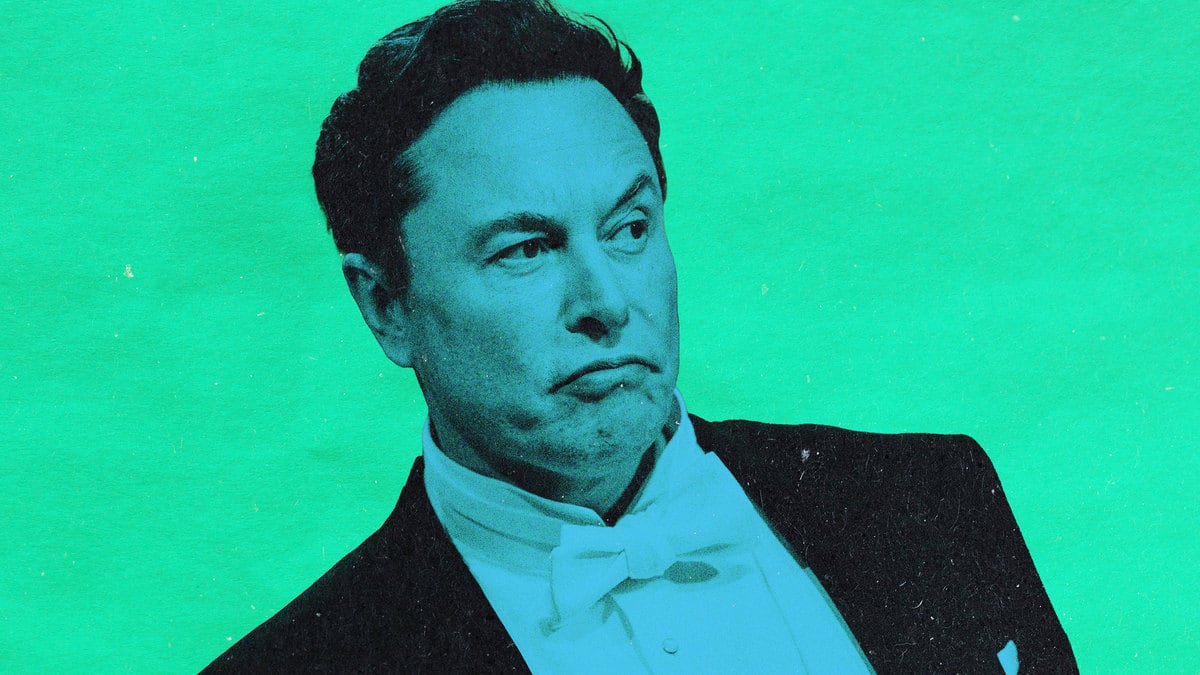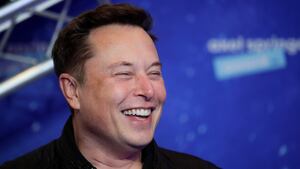Elon Musk filed a lawsuit against OpenAI and its CEO Sam Altman last Thursday, saying that they abandoned the company’s original goal of creating artificial intelligence for the benefit of humanity—rather than simply making gobs of money.
The lawsuit alleges that Musk was initially brought on by Altman and OpenAI co-founder Greg Brockman in 2015 to create an open-source AI that “will benefit the public.” To that end, the Tesla CEO invested $44 million to help build the company between 2016 and 2020. However, Musk claims that OpenAI has since abandoned those ideals and instead created AI for the express purpose of making profit—all the while keeping the details of their powerful models secret from the public.
“OpenAI, Inc. has been transformed into a closed-source de facto subsidiary of the largest technology company in the world: Microsoft,” the lawsuit said.
However, the lawsuit itself stands on some shaky legal ground. This includes the fact that a large part of Musk’s suit hinges on a breach of contract that doesn’t appear to actually exist. He also argues that the company’s GPT-4 model is an artificial general intelligence, or an AI that has reached human-level intelligence—which is completely wrong.
Critics point out that much of this comes off as no more than sour grapes from Musk, who views OpenAI as his biggest rival. “One needs only to read from his original statements to understand the frustration: As he funded OpenAI with a donation, he is reaping no benefit now that the company is valued $80 billion,” Giuseppe Sette, president of AI research firm Toggle AI, told The Daily Beast in an email.
Sette added that he also believes that Musk’s lawsuit is ultimately fruitless and “will have zero impact on AI development inside or outside of OpenAI.”
Despite all this, though, one thing remains true: Musk, for all his faults, has a point. OpenAI’s pursuit of billions forsakes the company’s original goal of creating open-source AI for the benefit of the world—and not just to line the pockets of Big Tech executives. After becoming valued at more than $80 billion, the company remains a non-profit organization essentially in name only.
The lawsuit also lays the case that Musk had initially agreed that the technology OpenAI developed would not be “closed and secret for proprietary commercial reasons.” Indeed, despite past models being released with robust papers diving into how exactly the AI was developed, the company chose not to disclose this data for GPT-4, citing safety concerns.
“Given both the competitive landscape and the safety implications of large-scale models like GPT-4, this report contains no further details on the architecture (including model size), hardware, training, compute, dataset construction, training method, or similar,” the 94-page GPT-4 technical report said.
The black-box nature of the AI’s development poses many potential risks for users, as it causes many to misunderstand how the technology works and misuse it. Since the release of ChatGPT in Nov. 2022, AI hype has exploded too—and with it, misinformation about the tech. Keeping the model’s creation a secret could further exacerbate issues that have arisen due to the hype, including bias and hallucinations.
However, Musk isn’t acting entirely for the public good. After all, he has his own goal of turning Tesla into an AI company and has recently even launched a ChatGPT competitor dubbed Grok. And Sette points out that this isn’t the first time Musk has tried to stop OpenAI. “Even as he was asking for a six-month pause in AI developments, he was launching his own AI initiative internally,” he explained.
So the spirit lawsuit is fair, but will likely prove fruitless. Nothing is going to stop OpenAI’s plans to dominate the tech world—not even one of the richest men in the world.








